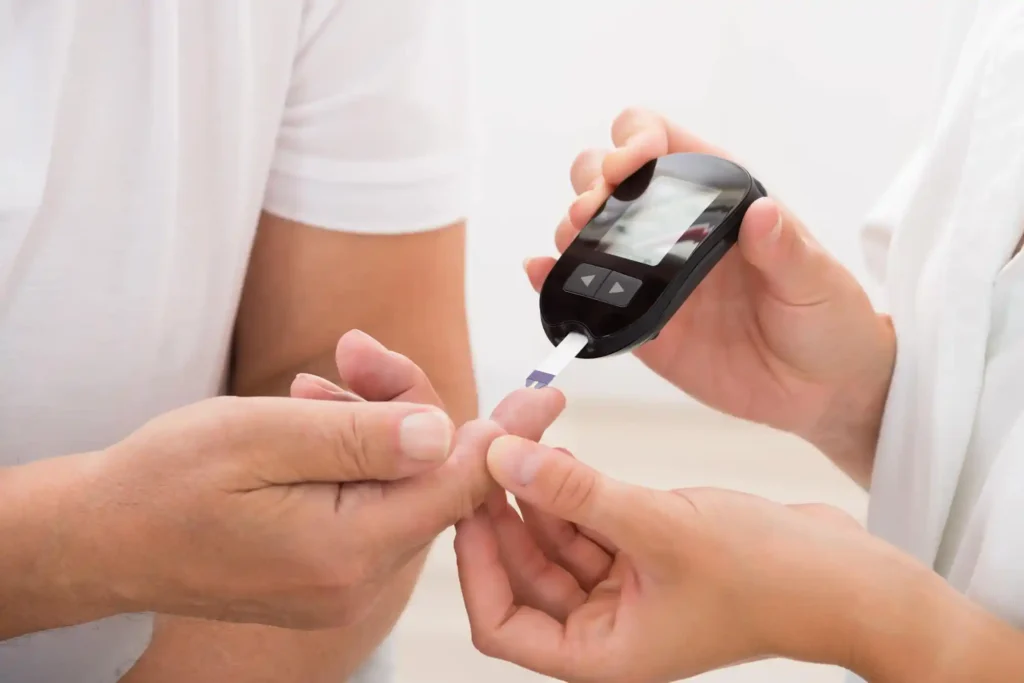In the realm of healthcare, the landscape of diabetes management is constantly evolving. A recent study has brought to light a fascinating revelation: daily glucose levels exhibit more variability than previously believed, posing a significant challenge to the conventional methods of diabetes diagnosis. This groundbreaking research not only redefines our understanding of diabetes but also underscores the imperative need for a nuanced approach to diagnosis and treatment.
Understanding Diabetes Diagnosis
Diabetes, a chronic metabolic disorder characterized by elevated blood sugar levels, has long been diagnosed through standardized methods involving fasting blood glucose tests, oral glucose tolerance tests, and HbA1c measurements. These diagnostic criteria have served as the cornerstone for identifying and managing diabetes worldwide. However, the emergence of new research challenges the simplicity of these diagnostic measures.
The Study’s Findings
Conducted by a team of esteemed researchers, the study delved into the intricacies of daily glucose fluctuations among individuals, shedding light on a previously overlooked aspect of diabetes diagnosis management. Contrary to conventional wisdom, the study revealed that daily glucose levels exhibit considerable variability, fluctuating more than anticipated.
Key Implications for Diagnosis
The implications of these findings are profound. Traditional diagnostic criteria, which rely on static measurements taken at specific points in time, may fail to capture the dynamic nature of glucose metabolism. As a result, individuals with fluctuating glucose levels may go undiagnosed or receive delayed diagnoses, leading to potential complications and suboptimal outcomes.
Challenging the Status Quo
This paradigm shift in our understanding of diabetes diagnosis demands a reevaluation of existing diagnostic protocols. Healthcare practitioners must recognize the limitations of static measurements and adopt a more comprehensive approach that considers daily glucose variability. By leveraging continuous glucose monitoring (CGM) technologies and embracing personalized medicine principles, clinicians can obtain a more nuanced understanding of patients’ glucose profiles, facilitating early detection and tailored interventions.
Read More Is CGM Education Essential for Equitable Diabetes Care?
Empowering Patients
Beyond its implications for healthcare professionals, this study empowers individuals living with diabetes to take a proactive role in managing their condition. By monitoring their daily glucose fluctuations and collaborating with healthcare providers, patients can gain valuable insights into their metabolic patterns and make informed decisions regarding lifestyle modifications, medication adjustments, and dietary choices.
Future Directions
As we navigate this evolving landscape of diabetes diagnosis, further research is warranted to elucidate the complex interplay of factors influencing daily glucose fluctuations. From genetic predispositions to environmental influences, a holistic understanding of diabetes requires interdisciplinary collaboration and ongoing investigation. By embracing innovation and embracing a patient-centered approach, we can pave the way for more precise diagnostic strategies and personalized interventions.
Also, read about Can Non-Invasive Glucose Monitoring Revolutionize Diabetes Management?
Conclusion
The study’s groundbreaking findings challenge long-standing assumptions about diabetes diagnosis, highlighting the need for a paradigm shift in our approach to managing this pervasive health condition. By acknowledging the inherent variability of daily glucose levels and embracing advanced monitoring technologies, we can enhance diagnostic accuracy, optimize treatment outcomes, and empower individuals to lead healthier, more fulfilling lives despite the challenges posed by diabetes. Together, let us embark on this journey of discovery and transformation, redefining the future of diabetes care one breakthrough at a time.


